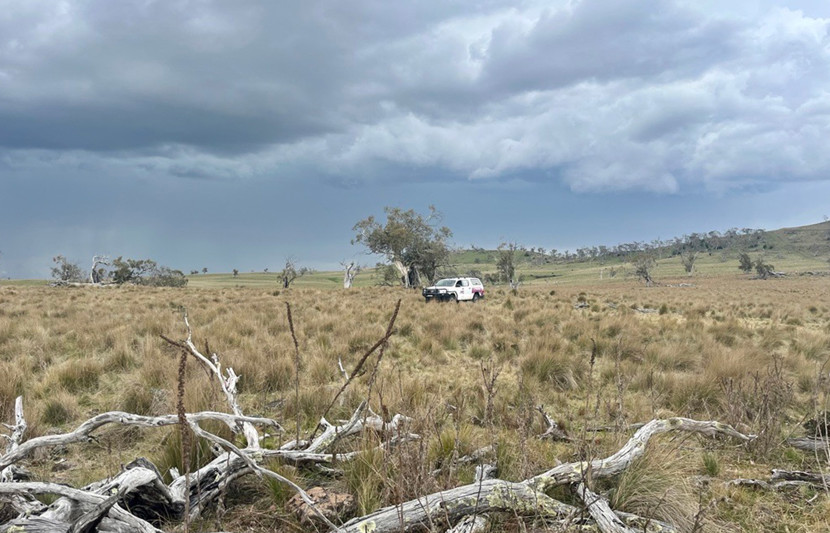
Fast facts: Ecology
5 fast facts
Ecology underpins our relationship with the environment and the millions of living organisms that share the earth with us – and holds the key to a sustainable future. Our team specialise in flora and fauna and work across various industries including infrastructure, mining, and renewables.
Q What’s an ecology fun fact?
There are over 800 Eucalyptus species in Australia, and 240 of them occur in New South Wales (NSW). Happy Eucalyptus IDing!
Orchids are masters of sexual deception and use mimicry to attract and trap pollinators.
Snakes are too close for comfort. Is it a stick? Is it a rock? Why is that stick staring at me? Sometimes you don’t know it’s a snake until you’re about to step on it.
Q What’s a new trend in ecology that’s exciting?
Citizen science! It is such an engaging way to get the everyday person to notice the small things around them. Small wrens rustling the bushes, Catbirds making a crying baby sound in the campground, the migration of the Eastern Koels and Channel Bill Cuckoos in summer. The yearly ‘Birds in Backyard’ count is a great way for non-ecologists to watch and count birds! It’s like ‘Pokémon Hunting’.
Another exciting trend is the Biodiversity Offset Scheme which means industry is now having to pay substantial sums of money or dedicate offsets to account for the impact that they are having on the environment. There are still improvements that need to be made to this system, however, it’s a massive leap compared to what was in place just 20 years ago.
Q Career vs reality: what’s ecology really like?
Being an ecologist is an extremely specialised career. You need to be fit enough to hike mountains, social enough to live with your colleague’s week after week, have a great memory to retain hundreds of species, and be okay with working in the bush (i.e., no microwaves or toilets nearby).
An average day as an ecologist starts early to escape the heat. You'll collect all the necessary gear – gaiters in case of snakes, hydrolyte, good boots, and toilet paper. You'll begin a big day (sometimes 12 hours), collecting data on various flora and fauna, searching for threatened species and taking a few pics for Instagram. You'll finish the day usually with a hot chocolate, and as your boots dry, you'll identify your plant samples together with your colleagues while having a laugh about the day’s adventures.
Ecologists regularly explore new places, one’s most people probably didn’t even know existed, and that feel quite untouched by humans. They also spend their days conserving and learning about their favourite threatened species like the Glossy Black-Cockatoo and Blue Mountains Water Skink.
Ecologists need to be prepared for:
- Time away from home; but you get to travel to some epic places,
- Explaining to friends that you spend your nights in the pouring rain looking for frogs,
- Days that aren’t glamorous: sometimes you spend the day fighting with an excel spreadsheet (it can be more heavily report and legislation focused than most people realise) and the evening in the pouring rain looking for species and not finding anything; and
- Challenging times where you must balance development and conservation outcomes.
You know you are an ecologist when…
Everywhere you go you notice the native and exotic species in your everyday life and the impact of our actions as a society on the environment around you.
And...
- You go through a new pair of hiking boots every six months
- You keep a personal bird count
- You compulsively ID plants on every walk you go on
- Tevas and socks are appropriate office uniform
Q Who’s a hero/legend in the field of ecology?
Jane Goodall has inspired generations of women interested in scientific research and conservation advocacy. She proves that anyone with the passion can make a huge difference in the world.
Q What’s a favourite resource for ecology news?
Wilderness Society, ABC What the Duck Podcast, Ologies Podcast, Ecology Instagram pages like National Geographic.
Join our engine room
RPS is a place where you can be your best: join a team where you can work on projects that matter.















